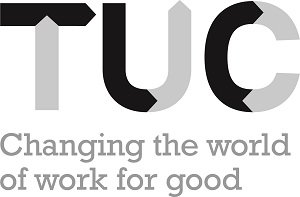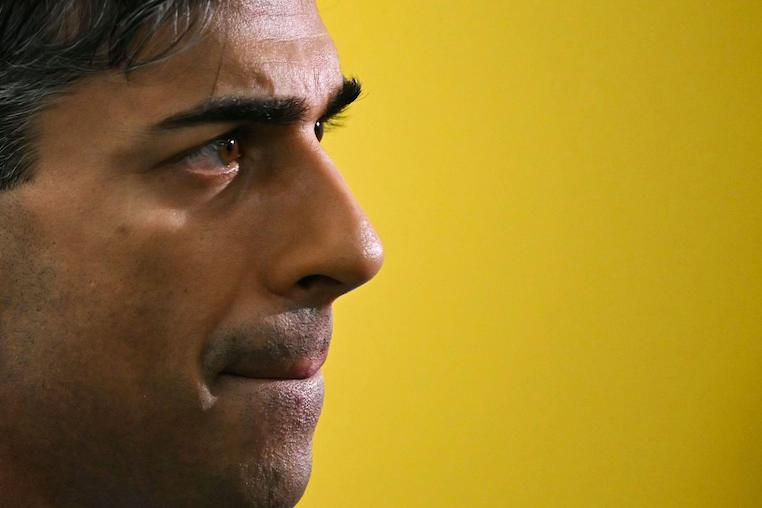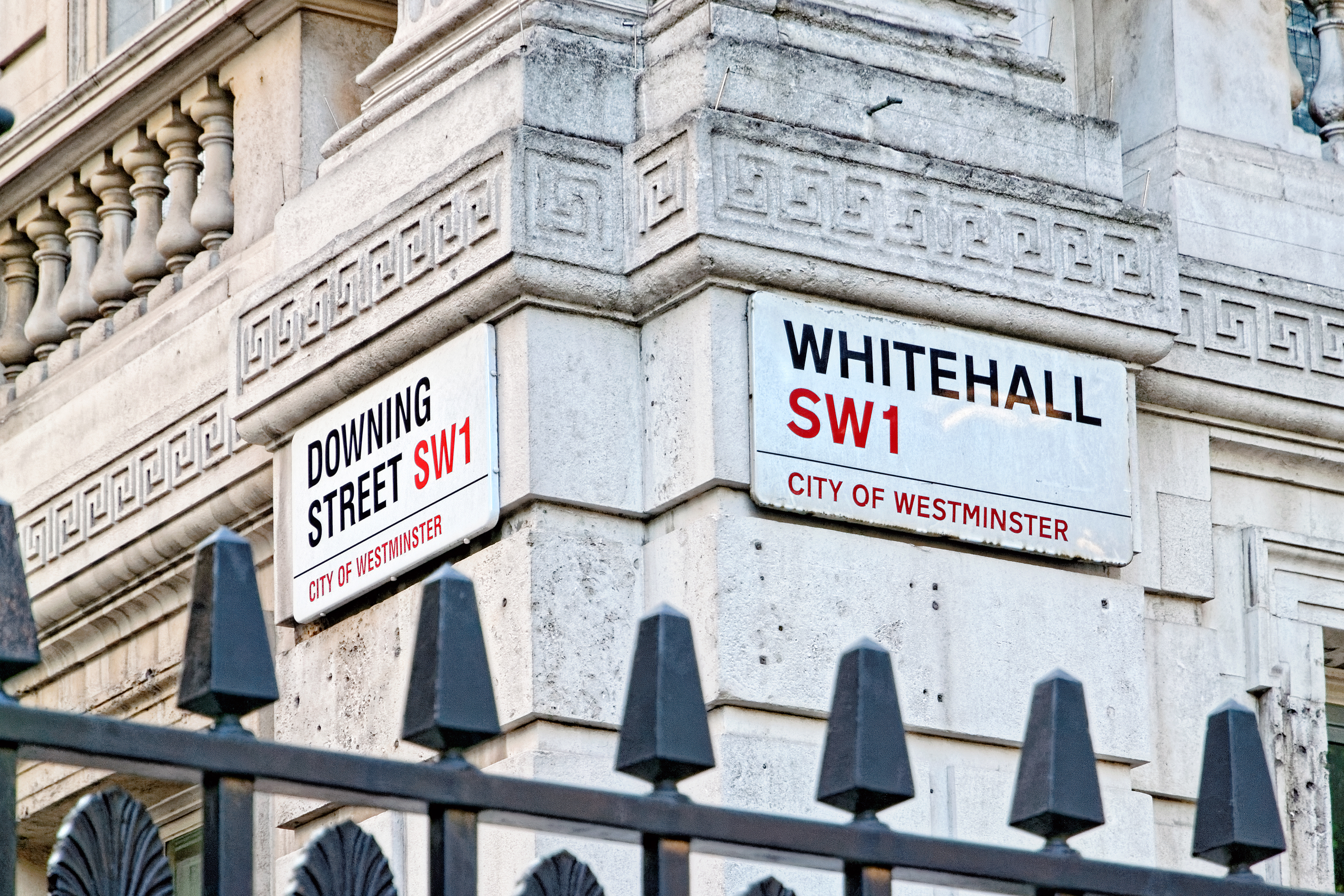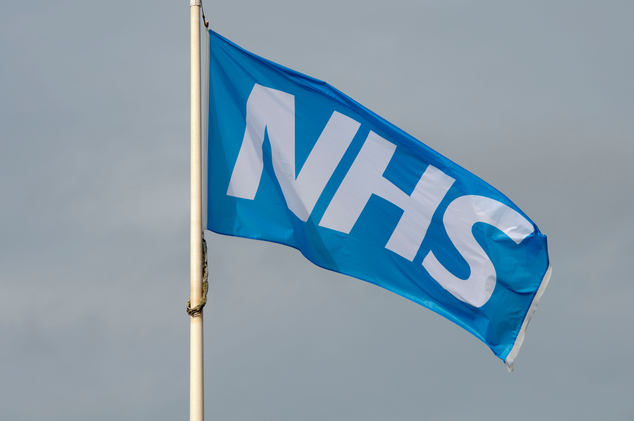Who are classified as veterans?
The Ministry of Defence defines a veteran as someone who has previously served in Her Majesty’s Armed Forces or Merchant Mariners, and who has seen duty on legally defined military operations.
In 2016, there were approximately 2.5 million veterans living in Great Britain – this represented 5% of household residents aged 16 and over.
Based on Ministry of Defence statistics, a further 15,000 people leave the UK Armed Forces every year. However, the overall number of veterans is predicted to decrease year-on-year, dropping to around 1.6 million by 2028.
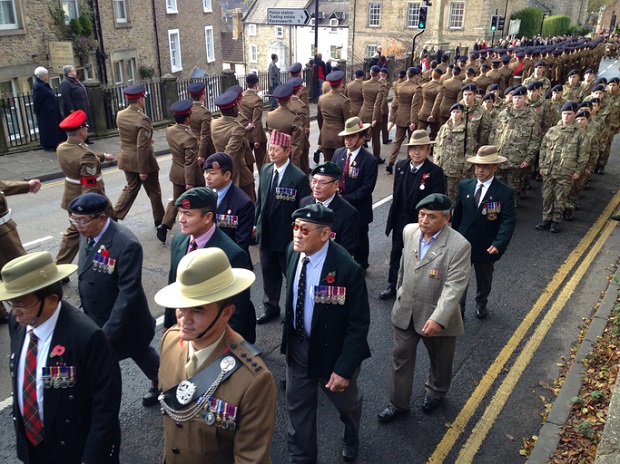
It is estimated that there will 1.6 million veterans by 2028.
By 2028, the Ministry of Defence projects that for every 80 military veterans, there will be 35 of working age and 45 of retirement age. In terms of gender balance, a predicted 70 will be male, and 10 female.


The armed forces covenant
The principle of an armed forces covenant was coined in the 2000 book, Soldiering – The Military Covenant. The covenant was conveyed as an informal recognition of a community’s moral obligation to all those who have served, and suffered, for the good of their country.
The armed forces covenant was described as a “promise by the nation” ensuring that those who serve or have served in the armed forces, and their families, are treated fairly.
The UK Army Doctrine Publication encapsulates the covenant’s fundamental premise:
“Soldiers will be called upon to make personal sacrifices – including the ultimate sacrifice – in the service of the Nation. In putting the needs of the Nation and the Army before their own, they forego some of the rights enjoyed by those outside the Armed Forces. In return, British soldiers must always be able to expect fair treatment, to be valued and respected as individuals, and that they (and their families) will be sustained and rewarded by commensurate terms and conditions of service”.
In other words, the Covenant sets out to ensure that members of the armed forces community have equal access to public services and products as the wider society.
The core principles of the covenant were enshrined in law under the Armed Forces Act 2011. Under this new legislation, the government is required to produce annual reports on national commitments to upholding the covenant, which may be upheld by central government, devolved administrations, or local authorities.
The Covenant does not create legally enforceable rights for service or former service personnel. However, it provides care and support for veterans in the following areas:
* Improved access to UK benefits
* Certain benefits abroad
* Council tax relief
* Support with school fees
* Support with childcare costs
* Free and reduced travel costs
* Armed forces pensions
* Service discounts
In June 2013, the Chancellor of the Exchequer announced an unprecedented Covenant Fund to support the continued achievements of the armed forces covenant commitments. From the financial year 2015/16, an annual sum of £10 million would be added to the fund in perpetuity.
In May 2021, the Queen’s Speech detailed plans for a new Armed Forces Bill, which was designed to enshrine the Armed Forces Covenant into law.
Issues faced by Veterans
Housing
All 407 local authorities in Great Britain have committed to upholding the Armed Forces Covenant, thereby pledging to ensure that veterans are granted equal access to housing post-deployment.
The Ministry of Housing, Communities and Local Government has introduced a series of measures to improve social housing for former service personnel and acting staff on leave. Local authorities, for instance, are obliged to give high priority to seriously injured service personnel when assigning social housing. Regulations also ensure that, for the first five years after leaving the forces, veterans cannot be disqualified from social housing on account of a local connection or residency requirement.
In addition to social housing services, the government offers support to veterans seeking a place on the property ladder. Regular Armed Forces staff receive over £200 million from the ‘Forces Help To Buy Scheme’, allowing personnel to borrow up to half of their annual salary to assist a purchase.
On leaving the armed forces, a very small minority of veterans are unable to find suitable accommodation. In 2014, government figures suggested that 3% to 6% of homeless people were thought to have been veterans.
In 2014, the Ministry of Defence received £40 million from LIBOR banking finds to specifically target projects supplying veterans’ accommodation under the Veterans Accommodation Fund. The Ministry of Defence invited applications from UK projects, before assigning the highest sum to the RAF Benevolent Fund, whose housing project supports elderly veterans and widows.
Mental Health
Anxiety, depression and post-traumatic stress disorder (PTSD) have historically been common among veterans, due to the highly traumatic nature of frontline military service.
According to Healthline an estimated 14% of military service members experience depression after deployment – attributed either to their emotionally demanding past or, frequently, to unfamiliar feelings of isolation and ‘lost purpose’ having left their military families.
Over the past decade, increasing numbers of serving Armed Forces personnel and veterans have been seeking support for mental health conditions. Rates of diagnosed mental health conditions in serving Armed Forces personnel have nearly doubled over the last decade to around 3%.
As acknowledged by the Ministry of Defence, these increases were likely influenced by the success of mental health awareness campaigns, leading to “greater detection rates and referrals to specialist care”. Nonetheless, actual figures are likely to be much higher still when accounting for those who do not seek medical help and who are not recorded in the figures.
Studies undertaken by the King’s Centre for Military Health Research found PTSD to be among 6% in combat troops.
Lord Ashcroft’s Veterans’ Transition Review in 2014 found that veterans were no more likely to commit suicide than the civilian population, implying a tendency to overstate the effects of military service. To this end, former Defence Minister Tobias Ellwood MP criticised the common misconception that all servicemen leave the forces feeling ‘mad, bad, or sad’, claiming that the Ministry of Defence was not doing enough to challenge it.
However, existing national trends imply continued growth in both demand and referral, prompting the government to designate an extra £10 million in 2020 to support veterans’ mental health care services.
Much like the civilian population, the provision of veterans’ health care is the responsibility of the NHS. Under the Armed Forces Covenant, veterans in England, Scotland and Wales receive priority access to NHS care for service-related illness and injury. By informing their GPs that they are former service staff, veterans with service-related conditions can also be referred to specialist military doctors, including veterans’ mental health services and the veterans’ trauma network.
In the March 2021 budget, the government announced the provision of extra £10 million of funding for mental health for veterans.
Justice System
According to the Phillips Review of 2014, the vast majority of those who serve in the Armed Forces transition back into civilian life reporting very few problems. On average, veterans were considered less likely than their civilian counterparts to commit criminal offences.
However, a minority of veterans struggle to adjust from (and abandon) the violent practices which formed an integral component of their life in service. This can predispose a continued inclination towards anti-social or violent behaviour later in life which, in some cases, leads veterans into the criminal justice system.
According to data gathered by the Ministry of Justice, veterans accounted for just 4% of all those entering prisons in England and Wales from 2015-2016. The Ministry of Defence is committed to maintaining contact with prison governors, informing them of the various support programmes available to former service personnel, and identifying offenders in need of the Veterans Welfare Service. These services are intended to promote effective rehabilitation, with the ultimate aim of reintegrating former service personnel into civilian society.
War Pensions Scheme
Veterans UK – the MOD’s support organisation for service personnel, veterans and their families – delivers the War Pension Scheme (WPS). The scheme offers compensation for any injury, illness or death which was caused by service before 6 April 2005.
The level of War Pension Scheme granted is dependent on the degree of disability expressed as a percentage. Claimants assessed as 20% or more will receive a weekly pension; those classed as less than 20% will receive a lump sum payment.
Employment
According to the UK Annual Population Survey in 2017, 79% of working-age veterans were employed – and were considered as likely to be employed as the average non-veteran. The survey likewise found that 92% held a qualification of some form, and were equally as likely to hold a qualification as non-veterans.
The Ministry of Defence has funded a number of employment support initiatives to assist with veterans employment. Among these, the Career Transition Partnership (CTP) offers high quality, free career support for former service staff up to two years after their discharge. Whilst providing specialist advice the programme also connects veterans with potential employers across the UK.
The Ministry of Defence has estimated that 86% of service leavers who had used the CTP in 2018/19 found employment within six months of leaving the forces, while a further 8% were in full-time education, training, or not actively looking for work.
What more can be done?
Despite the protections granted through the armed forces covenant, it is argued that veterans deserve greater recognition, and there are calls for the government to enact a more formalised framework rewarding military service.
This is often justified through comparison with the significantly more generous range of benefits awarded to veterans in the USA.
Having achieved legal recognition in May 2011, the Queen’s Speech of 2019 stated that the armed forces covenant would be “further incorporated into law”. Expanding on this in January 2020, the then MOD’s Director of Armed Forces People Policy, Johnny Mercer MP, announced that the new Armed Forces Bill will create a legal duty to have regard to the Armed Forces Covenant:
“The legislation will have the most effect by making it a legal duty for specified public bodies, including local authorities, to have due regard to the principles of the Covenant, and by including this commitment in the Armed Forces Bill to ensure it carries enough weight and stature as part of the Armed Forces Act.”
These announcements came months after the Prime Minister established Britain’s first dedicated Office for Veterans’ Affairs in a bid to curb the rising vexatious claims against former service staff. The office was first overseen by Johnny Mercer, as newly appointed Minister for Defence People and Veterans, and Oliver Dowden as Minister representing veterans in Cabinet.
The newly created Office is staffed by officials from both the Cabinet Office and the Ministry of Defence, working with other departments to shape government policy promoting veterans’ welfare, education, and employment.
Statistics
In 2017, approximately 2.4 million veterans were living in Great Britain. 40% of these were of working-aged, while 60% were 65 and over.
79% of working-age veterans were employed and were as likely to be employed as non-veterans in 2017. 92% had a qualification and were as likely to have a qualification as non-veterans.
75 veterans were considered ‘healthy’ in 2017, compared to 17% in ‘fair health’, and 8% in ‘bad health’.
According to the Offender Management Statistics, offenders who have formerly been members of the Armed Forces have accounted for only 3% of those entering prisons in England and Wales in 2019.
In 2014 it was estimated that the proportion of those sleeping rough who had served in the Armed Forces ranged from 3% to 6%.
In 2017, 76% of veterans owned a house or had a mortgage. Veterans were considered just as likely as non-veterans to have bought their own home.
[Source – Office for Veterans’ Affairs, Veterans Factsheet, 2020]
Quotes
“The brave men and women who serve in our military truly represent the pinnacle of British character. We are rightly admired throughout the world for our Armed Forces, and it is a stain on our national conscience that any veteran who has served should be abandoned by the country they have fought so courageously to protect. It is absolutely right that the government should do all it can to support our armed forces from the day they enlist and for the rest of their lives. Veterans have given so much to the UK. They have so much to offer our workplaces and wider society and it would be a dereliction of duty not to harness that potential” – Boris Johnson, following the establishment of the Office for Veterans’ Affairs, 2019

